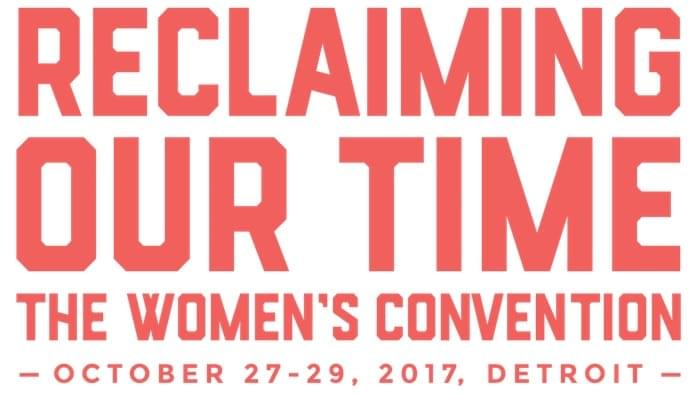
Even in times of gross injustice, moments of humanity find a way of sneaking through. Film has always had a special power to emotionally communicate this, and Zola Maseko’s “Drum” is a solid work of classical storytelling that’s heartbreaking in its portrayal of Johannesburg at a time when its rulers had convinced many people that whites were born to command and blacks were born to obey and serve.
With its yellow-toned streets and smokey bars, the film authentically recreates the raw energy of Sophiatown, the last free area the black community had during the Apartheid government’s rise in the 1950s. It follows the true story of Henry Nxumalo (Taye Diggs) and his journalism colleagues, who live a lively life of parties, booze and sex in the one area of their country where blacks aren’t prevented from drinking, having fun and mingling with white people like Henry’s German friend Jurgen (Gabriel Mann). The people enjoy themselves there because they can’t be free anywhere else.
Maseko captures the atmosphere of a jovial workplace where blacks and whites commingle as friends and juxtaposes it with the oppressive reality of the other areas that are fully under Apartheid. While 96 minutes seems too short to tell a tale of this magnitude, every detail in “Drum” counts. It observes the different difficulties that people encountered, studying an interracial relationship on one end and a black person who would sell out the struggle for equality on the other. Nxumalo serves as the film’s propelling force and his transformation creates the anchors the arc of the film.
While Henry’s wife Florence (Moshidi Motshegwa), whom he neglects along with his children to experience the night life, and his charismatic friend Nelson Mandela (Lindane Nkosi) encourage him to report political stories, he initially prefers to stay out of it. Henry writes on sports for a black-oriented magazine called Drum, which is white-owned and as Florence sees it, simply another way to take money from the black community.
He decides to go beyond athletics, entertainment and gossip when he finds out about a farm that takes advantage of black workers, taking away what little rights they have and turning them into slaves who have no contact with the outside world. Henry goes undercover to get the story, risking his life once it’s time to escape and get the story out. Nxumalo goes on to risk his life several more times while trying to expose the injustice of the South African government, in the hopes of drawing attention to the world.
Of course, it would take many more decades for the oppressive government to fall and the film is destined to end in tragedy. But there is still hope, seen in the white magazine editor who realizes reporting the truth is worth the repercussions he will incur, or young Nelson Mandela’s bold refusal to accept the injustice of a segregated city. While too much indulgence and too keen a strategy on the part of the rules kept the government in power for too long, Nxumalo’s legacy of truth and bravery lived on, and is now captured on film.


